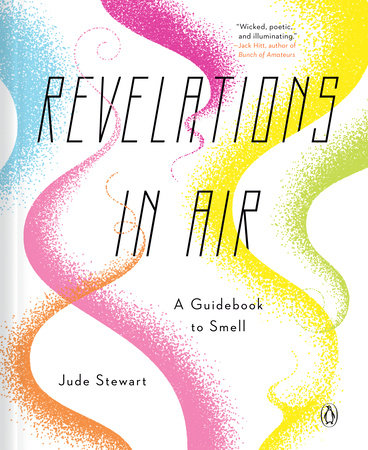What We Can Learn From Better Appreciating Our Sense of Smell
According to author Jude Stewart, our ability to smell is what brings us closer to pure perception and memory than even taste, sight and sound.

Of all the senses we often take for granted, the sense of smell is probably the most unappreciated.
According to author Jude Stewart, our ability to smell is what brings us closer to pure perception and memory than even taste, sight and sound.
Stewart’s journey into the world of smell began at an art exhibit. “It was so transporting, so emotionally involving and not always in a good way … and I thought, ‘this is incredibly powerful,'” Stewart says.
That experience led directly to her full immersion in the olfactory world and to the creation of her latest book, “Revelations in Air: A Guidebook to Smell.”
Humans have four visual receptors in our brains, Stewart says, but we have 400 for our sense of smell, which was discovered in 1991.
“It’s interesting that when you process a smell [in your brain] it doesn’t go through the areas that control verbalization or the kind of higher-order complex aspects of our brain,” she says. “Instead, it’s wired through the amygdala, which [in part] controls our emotions and the hippocampus, which is involved with our memory.”
That, Stewart says, is why researchers believe smell is uniquely tied to memory.
To increase your relationship to smell, Stewart suggests talking more with friends and family about the smells you experience day to day. “Paying attention [to smells] will get you further on the journey,” she says.
Listen: Learn more about how smell is tied to memory.
Trusted, accurate, up-to-date.
WDET strives to make our journalism accessible to everyone. As a public media institution, we maintain our journalistic integrity through independent support from readers like you. If you value WDET as your source of news, music and conversation, please make a gift today.

